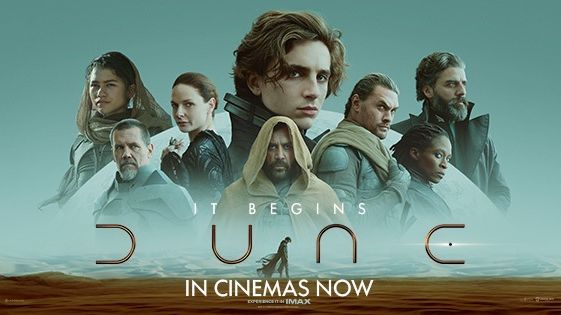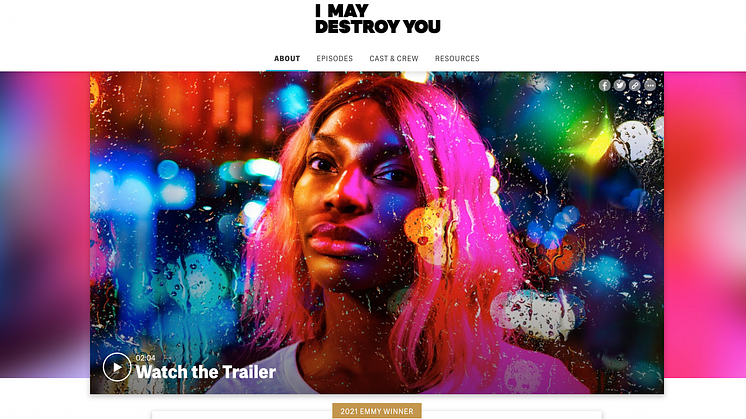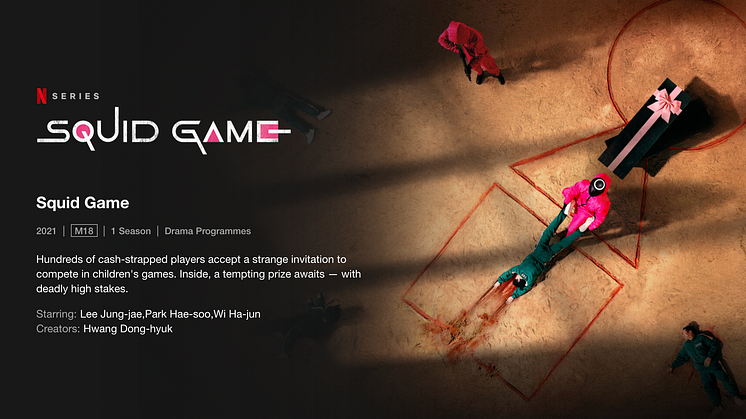
News -
Dune, Star Wars, and the “bad art friend” — copyright and the anxiety of influence
Dune, published in 1965 and written by American author Frank Herbert, has been called “the greatest novel in the science fiction canon”, and a movie adaptation of the book is being released this month. Those who are coming to this epic story for the first time may find it very familiar, especially if they have even a cursory knowledge of Star Wars.
From a desert planet to an evil empire, there are many similarities between these two fictional worlds. Herbert seems to have thought as much when he watched the first Star Wars movie in 1977.
“When Dad saw the movie, he picked out 16 points of what he called ‘absolute identity’ between his book and the movie,” Herbert’s son Brian recalled, according to the website History of Yesterday. Herbert also noted Star Wars’ similarities to other science fiction works, and even started an organisation called (in apparent jest) “We’re Too Big to Sue George Lucas Society”.
In fact, Herbert was asked many times by the press whether he thought Star Wars had copied Dune, and his responses ranged from “I will try hard not to sue” to “they have invaded my copyright and I have to fight them”.
It’s not clear whether legal action was ever initiated. But one possible reason it may have been challenging for Herbert to win such a case was that Lucas’ influences for Star Wars are very diverse. A non-exhaustive list would include not just Dune, but also westerns, the films of Akira Kurosawa, Flash Gordon comics, the work of writer Isaac Asimov, and Joseph Campbell’s book The Hero with a Thousand Faces. The combination of these elements adds up to something quite distinct, and one could argue that a work of art is always inspired by other works of art.
The “bad art friend” debate
On the other hand, a New York Times article that’s been making waves online lately presents a different perspective of the line between inspiration and plagiarism.
In a nutshell: a few years ago, writer Dawn Dorland decided to donate one of her kidneys to a recipient who might otherwise have no other living donor. She shared her experience in a letter posted to a private Facebook group, which included fellow writer Sonya Larson.
Some time later, Dorland found out that Larson had written a short story about a character who decided to donate her kidney. When Dorland realised that a part of this story echoed the letter she had posted in the Facebook group, she hired a lawyer. Later, she discovered that an earlier version of the story had cleaved even closer to her letter.
Larson had also written a text to her friends in which she states: “I think I’m DONE with the kidney story but I feel nervous about sending it out b/c it literally has sentences that I verbatim grabbed from Dawn’s letter on FB. I’ve tried to change it but I can’t seem to — that letter was just too damn good. I’m not sure what to do … feeling morally compromised/like a good artist but a shitty person.”
The legal entanglements over this story have since grown quite complex, but essentially, Larson’s stance is that all artists take inspiration from life, and that is what she was doing. Dorland, on the other hand, believes that her copyright over her letter has been violated.
Star Wars and the case of the “bad art friend” are fascinating Rorschach tests for perceptions of whether inspiration has crossed the line into infringement. With artistic creation, many factors can come into play when making this particular judgement call. As the NYT article puts it: “In writing, plagiarism is a straight-up cardinal sin: If you copy, you’re wrong. But in the courts, copyright infringement is an evolving legal concept. The courts are continuously working out the moment when someone’s words cross over into property that can be protected; as with any intellectual property, the courts have to balance the protections of creators with a desire not to stifle innovation.”
PitchMark helps innovators deter idea theft, so that clients get the idea but not take it. To find more about our services, visit PitchMark.net and register for free as a PitchMark member today.


